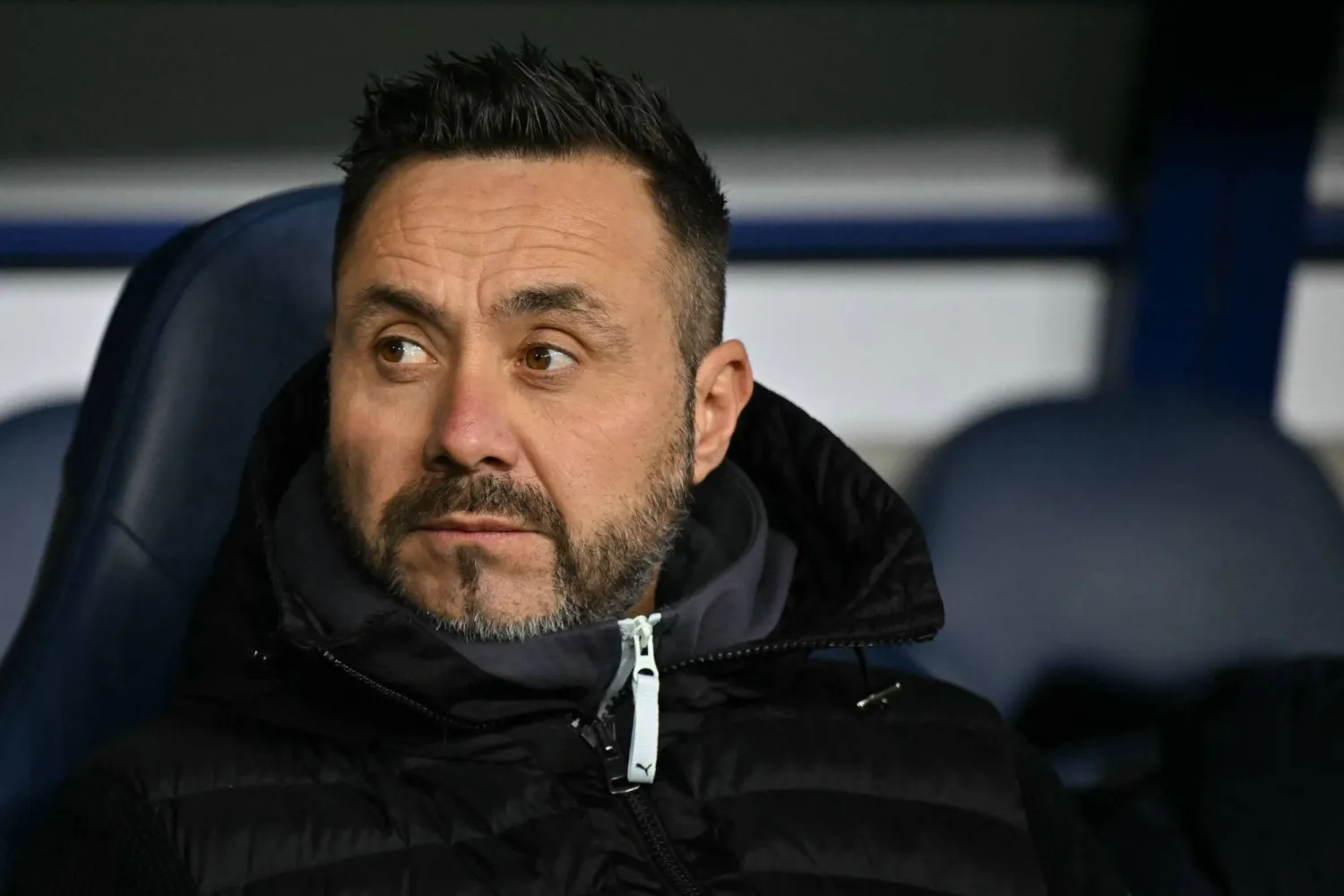“I played professional football for 23 years until I was 39, I won European Cups with Nottingham Forest, I played 52 times over nine years for England, but whenever I go to a sporting occasion I’m always introduced as the first £1m footballer, as if that’s the only thing I achieved in my career,” says Trevor Francis, as he looks forward to the 40th anniversary of the day that he smashed the British transfer record by moving from Birmingham City to Nottingham Forest.
While he was at Birmingham the Guardian described the prospect of Francis being sold as “like a Rembrandt coming on to the open art market”. When he was finally made available nearly half the First Division was said to be interested – at least until they heard how much they would have to pay. Not only had no British club spent as much as £1m on a footballer before, only one had paid more than £500,000 – and that was a few weeks earlier, when West Bromwich Albion lavished £516,000 on Middlesbrough’s David Mills. Only two clubs had pockets deep enough to match Birmingham’s asking price: Forest and Coventry City, who proposed a novel joint-ownership scheme with Detroit Express, the American team controlled by the Coventry chairman Jimmy Hill with whom Francis had played the previous summer.
Brian Clough, then Forest’s manager, always maintained that he had refused to meet the asking price, capping his offer at £999,999. Francis insists Clough displayed no such reluctance, though the record would still have been his – with taxes and fees taking that total to around £1.15m. “Brian was very clever with the media,” he says. “He used to make headlines, and wasn’t bothered whether they were true or not. Birmingham insisted that the fee had to be a million pounds and nothing less, which eliminated many possible prospective buyers but there were two who were willing to pay it. I’m very fortunate and grateful that Forest were one of them, because at the time they were the only team in England that could challenge Liverpool.”
Francis, nearly 25 at the time, was desperate for silverware. He had made his Birmingham debut aged 16 and went on to score 119 goals in 280 league appearances without ever vying for a significant trophy. “I want to be part of a successful team and unless I see signs that we are going somewhere I won’t stay,” he said after submitting a transfer request, swiftly rejected, in 1976. In 1978 he asked again. “I’m 24 in April and in another eight years I’ll probably be finished,” he told the Guardian. “I’ve not won a thing and without being unkind to the club it doesn’t look as if we’re going to win anything in the future.”
In all Francis had six transfer requests rejected, without ever resorting to the kind of all-out funk with which players have forced their way out of similar situations. “It wouldn’t have been possible for me to do that, because of my character,” he says. “In my time if they said: ‘No, you’re not going,’ that was it.”
Advertisement
Francis had spent the summer of 1978 in America, where he banked about £50,000 during a 22-match loan spell with Detroit. As a result he missed Birmingham’s first game of the following season, but Jim Smith, their new manager, said the player had provided in return “a firm assurance that he will stay with us, at least for the remaining two years of his contract”.
Smith meanwhile had made a promise of his own. “He said to me he knew that I’d been looking to move on and play for a bigger club,” Francis says. “He told me he was a manager with great ambition, that he wanted the team to do well and wanted me to do everything I could to help him on the field, but then after Christmas if things had not improved he would do anything possible to help me get away. It was so refreshing for me to have someone as honest as Jim Smith, who was clear with me and stuck to his word.”
Not only did Birmingham’s fortunes fail to improve under Smith, they deteriorated significantly. By the start of February 1979 they had eight points, their chances of survival were extremely remote, and Smith made good on his promise. On 7 February they accepted an offer from Forest, with Coventry making clear they would happily match it. The following day Francis had a four-hour meeting with Clough and Peter Taylor at the City Ground, departing with a promise to inform them of his decision the following morning.
“They were very keen and wanted me to make a decision there and then,” Francis remembers. “What they didn’t realise is that I’d made my mind up before I’d even started negotiations, and after that meeting I was absolutely certain that what I wanted was to go to Forest. But out of respect for Coventry I felt I owed a phone call to their manager, Gordon Milne. I wanted him to be the first one to know what was going on.”
Francis signed for Forest the following day, Clough turning up to his unveiling in a tracksuit, toting a squash racket. “We believe Trevor is the most exciting player in the country at this moment,” Taylor said. “Trevor is lucky he is joining Forest at their peak. If we mess this up we may as well emigrate.”
Forest had a good go at messing up the transfer. They failed to register their new player before he turned out in a third-team match against Notts County that weekend, in front of an estimated 40 people, which cost £250 in fines. A week later the necessary papers still hadn’t turned up, further delaying his full debut. The following month, with Francis ineligible to play in the European Cup quarter-final against Grasshoppers Zurich, Forest allowed him to fly by Concorde to play for Detroit Express in a friendly against New York Cosmos (he scored six times in an 8-2 win) and jet back again. The Football Association felt such an outing required its permission, and launched another inquiry.
Francis’s time at Forest was repeatedly disrupted by injury but was famously crowned by the winning goal in the 1979 European Cup final, as well as crucial strikes in the quarter- and semi-finals as the club retained that title the following season. His place in football history, however, was already assured. “I never realised at the time the significance of it,” he says. “I smashed, literally smashed, the transfer record. Doubled it. It was just a magical figure – a million pounds. Paris Saint-Germain spent nearly £200m on Neymar, but I don’t think it has the same magical appeal that £1m did. On Saturday I’m going to be watching Plymouth against Portsmouth. I’m not going to be marking the day with anything special. But do I feel proud of being the first £1m player? Absolutely.”
The Guardian Sport









